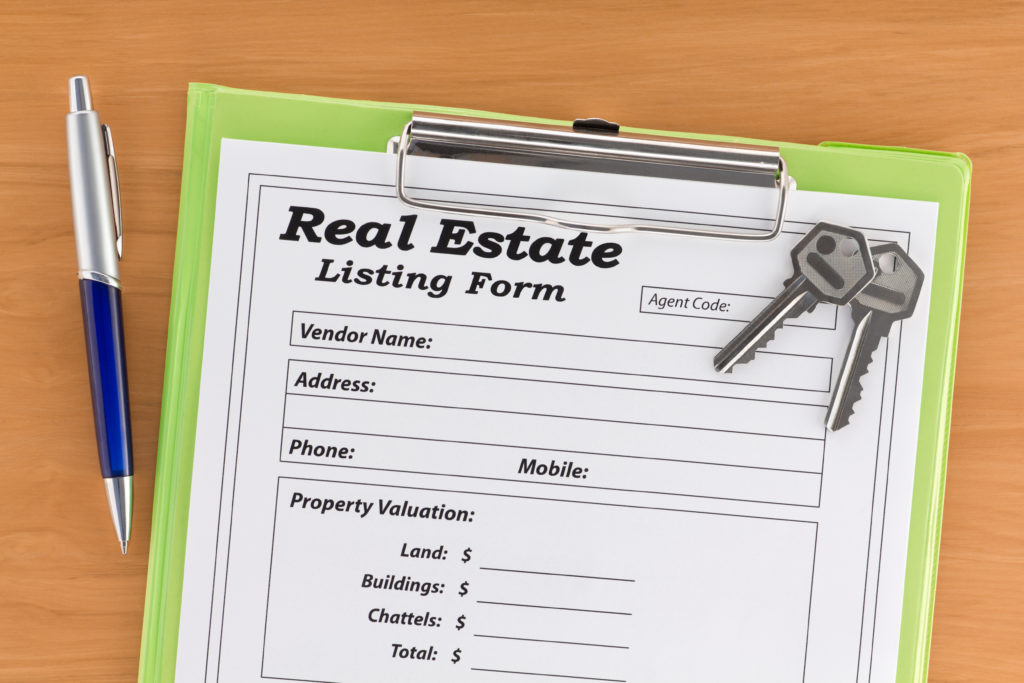Working as a real estate professional means wearing a dozen different hats, and often all of them at once. However, the trick isn’t always to work harder – it’s to work smarter. This applies to creating effective real estate listings that attract the perfect buyer for that property. Whether you’re in need of tips in creating Greenfield Park real estate listings, Marana commercial real estate listings, South Congress Austin real estate listings, or any other local location, this short guide will help you craft ones that are sure to attract droves of potential buyers to our property!

If it seems like there are dozens of real estate platforms out there today, that’s because they are. The big movers and shakers, the ones that are the most popular like Zillow, are jam-packed with property listings, but that’s a double-edged sword. Sure, on the one hand you know your listing will get the highest potential exposure, but you’re also competing with every other realtor that had the same idea.
Instead of just relying on one of the big MLS sites, consider joining a brokerage platform that provides more care and attention to each property listing. A platform like Redfin, for example, offers some attractive advantages above and beyond what a site like Zillow will offer. That’s not to say that you shouldn’t list on the one-size-fits-all sites – you should – but don’t forget more specialized platforms either!
Does this seem self-explanatory? Believe it or not, not using accurate descriptions for homes is a bigger problem than you might think. Real estate agents love to pepper house descriptions with buzzwords that generate interest, even if they might not be entirely accurate. A 900-square-foot house isn’t “sprawling” by any means, for example, while one that has some serious maintenance issues can’t be described as “move-in ready”.
It's better to be honest with the problem areas of the property. That doesn’t mean you can’t put a positive spin on them. A smaller house can be “cozy” or “perfect for downsizing”. A home that needs a lot of work can be referred to as “a handyman’s dream” or “great for DIY lovers”. There are people out there that inhabit those demographics, so market to them!
The other side of the coin is that you can’t embellish too hard with your descriptions, either. There’s being honest about the limitations of a property, and then there’s trying too hard. There’s no need for flowery or convoluted language; doing so just makes readers suspect there’s something wrong with the property that you’re trying to hide.
There are certain words in our language that are clearly not good to hear when you use them in a listing. Most of them are used in order to dress up the flaw of a property, but instead, they’ve become so prevalent that they carry a clear negative connotation. Saying that the home has some “cosmetic” issues, whether or not these issues truly are cosmetic, instantly puts buyers in a frame of mind that there are some deep problems with the property. Creating such a perception can undermine the sale price of that property by a significant amount!
Adding value to your listing through language works in the exact opposite way as using words that have red-flag connotations. Be sure that your language matches the property, though! You can’t exactly describe a master bath as “luxurious” unless it has a jacuzzi tub, a rain shower head, or high-end hardware, can you?
People who fall in love with homes tend to be highly motivated buyers. When your property has a unique feature that is considered attractive or desirable, make sure to make that a focal point of your real estate listing. The more one-of-a-kind the feature is, the more you should put it front and center!
We get it. You want to convey excitement. Using exclamation points is certainly one way to do so, but it’s quite easy to overdo it. If every single sentence ends in an exclamation point, you’re going to wear out the reader. In fact, make sure your punctuation in general is on-point. Keep your sentences short and easily understandable. And yes, use exclamation points, but limit them to just a few.
The longer your real estate listing, the more likely readers will lose interest. Cut down on the bloat by leaving out obvious and basic information. If it’s listed elsewhere in your listing, such as the number of floors, bathrooms, and bedrooms, don’t repeat it here. Also don’t load your description with your contact details, as they’re also present on listings. Use the extra space to showcase the property instead.
Nothing sells properties like great photographs. Nearly all home searches start online today, and listings without plenty of attractive pictures of a property get ignored. Make sure your photos are well-lit, large enough to show detail, and composed attractively. If you’re really serious about your photos, invest in professional photography. An amateur shutterbug can do quite well with just a smartphone camera if you’re on a budget, though!
The most effective real estate listing is one that is truthful, accurate, and attractive. Be upfront with the characteristics of the property, both good and bad, and be sure to underline any of the things about that property that make it unique. Combine this description with great pictures and you’ll be sure to have some success!